Nigeria’s Minister of Foreign Affairs, Ambassador Yusuf Maitama Tuggar, has called for a shift from aid dependency to inclusive investment across Africa, stressing the need for economic diplomacy that empowers women, youth, and marginalized groups. He made this statement while delivering a keynote address at the 2025 Gender Summit High-Level Plenary, organized by the Policy Innovation Centre.
Speaking on the theme “From Aid to Investment: Leveraging Economic Diplomacy for Africa’s Inclusive Development,” Ambassador Tuggar underscored that Africa stands on the brink of transformation with a population projected to reach 2.5 billion by 2050 and a combined nominal GDP of $2.8 trillion. He noted that Nigeria, as one of Africa’s largest economies with a GDP of approximately $243 billion, occupies a pivotal role in shaping the continent’s growth trajectory.
However, the Minister highlighted several barriers undermining Africa’s full potential, including low intra-African trade at just 18%, gender disparities in education and political participation, and the underrepresentation of women in economic leadership. Citing a Council on Foreign Relations report, he warned that Nigeria could miss out on a potential 23% GDP surge if women are not fully integrated into the economy.
Ambassador Tuggar outlined Nigeria’s recalibrated diplomatic strategy under President Bola Ahmed Tinubu’s 4-D Diplomacy Agenda Development, Demography, Diaspora, and Democracy, designed to prioritize inclusion. He pointed to initiatives such as the Regional Partnership for Democracy (RPD), the West Africa Economic Summit (WAES), and the implementation of policies like the National Gender Policy (2021–2026) and Women’s Economic Empowerment (WEE) Policy as tangible steps toward inclusive governance and economic empowerment.
He also drew attention to the role of Nigeria’s financial institutions in advancing integration across Africa, praising the rise of female leaders in the sector but stressing the need for faster progress. Furthermore, he cited youth-focused initiatives such as the Technical Aid Corps (TAC), the Nigeria Youth Investment Fund (NYIF), and the Three Million Technical Talent (3MTT) Programme as examples of Nigeria’s commitment to empowering its young population.
Ambassador Tuggar urged all stakeholders governments, businesses, and civil society to commit to three urgent priorities: increasing women’s participation in politics, adopting the proposed Gender and Inclusion Framework for Economic Diplomacy (GIF-ED), and ensuring that every policy and partnership narrows gaps rather than widens them.
“Equity is not optional. Inclusion is not charity. They are the foundations of a prosperous, stable, and sustainable Africa,” he declared, concluding his address with a call for decisive action toward Africa’s inclusive future.


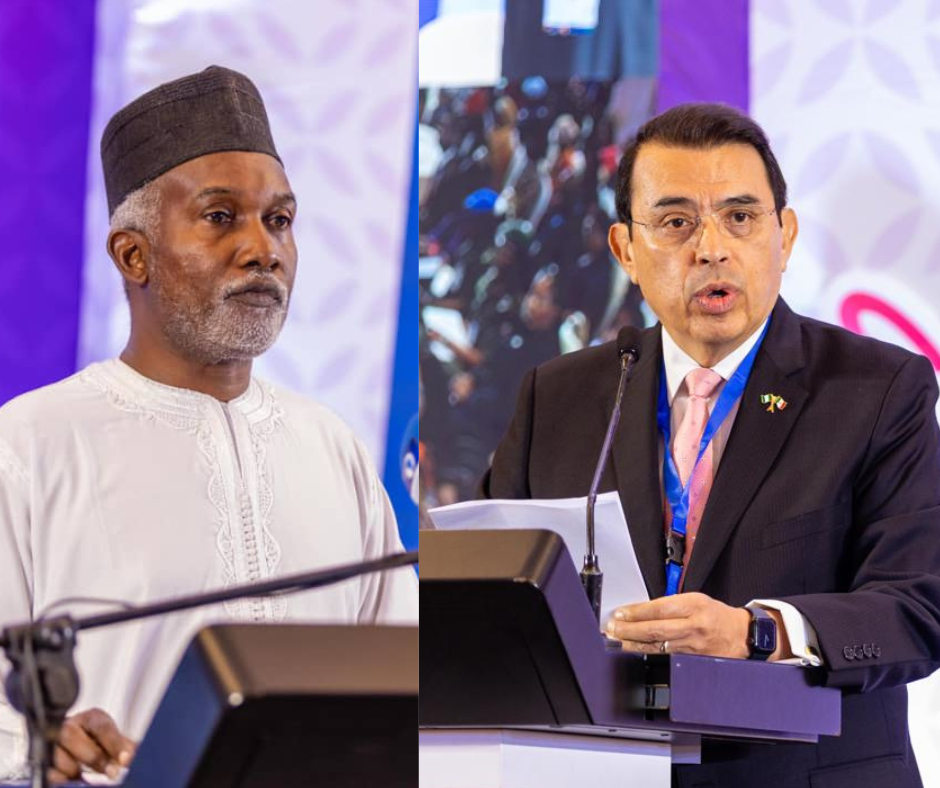




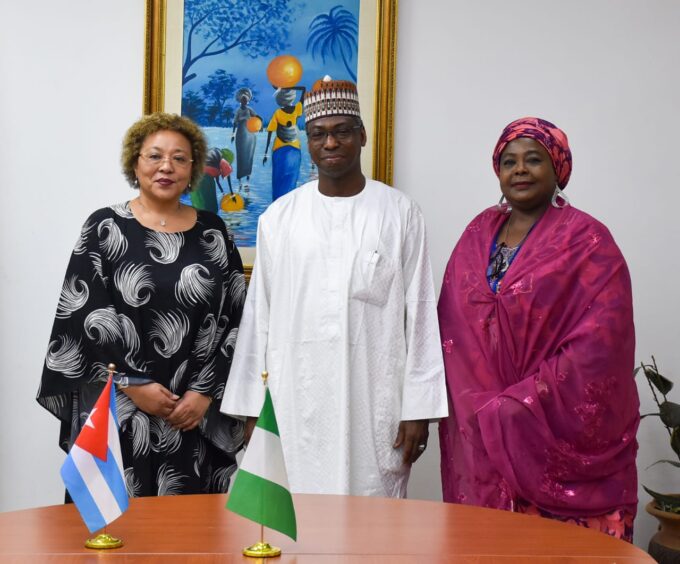
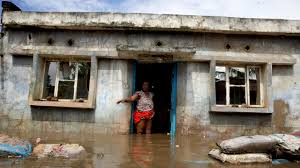

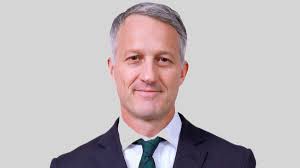

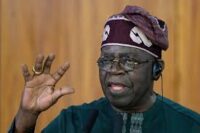

Leave a comment